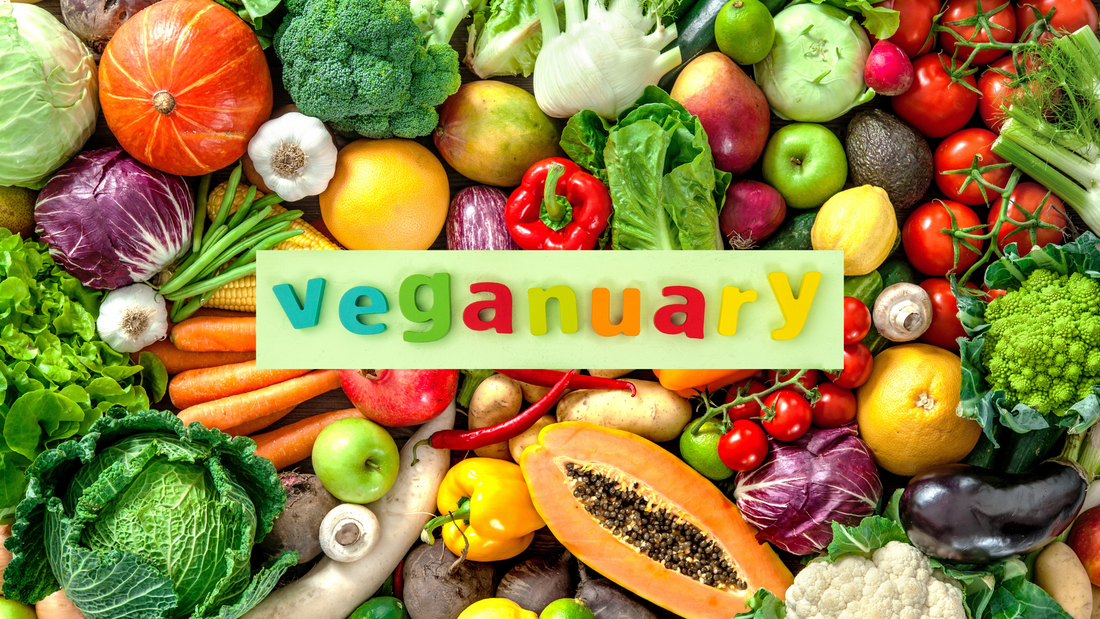
Hey there friends! As we step into the new year, so many of us are writing up our New Year’s resolutions and are giving Veganuary a whirl, diving into a month of all things vegan. But let's get real about what going vegan means for our planet – is it as green as they say?
Lowering Your Carbon Footprint:
Guess what? Going vegan is like a superhero move for the environment. The whole animal farming scene? Major player in climate change. By ditching animal products, we're kinda like eco-warriors fighting against the bad guys.
Land Love and No More Deforestation Drama:
Vegan diets need less land than the whole animal farming gig. Animals need space to roam, and we end up cutting down forests for that. Going vegan means less forest drama and more room for trees and wildlife. Win-win!
Sipping on Sustainability:
Animal farming is like a water-guzzling monster. Going vegan usually means using less water – good news, especially where water is scarce. So, as you sip on your green smoothie, you're not just being trendy; you're sipping on sustainability.
Eating Green, Using Fewer Resources:
Turning plants into food is simpler than the whole process of feeding plants to animals and then eating those animals. Vegan diets are like the VIP pass to efficient, Earth-friendly eating.
Of course, like any diet, a vegan diet is not without its environmental impact. The production and transportation of plant-based foods can still contribute to greenhouse gas emissions and other environmental problems. However, overall, it can be argued that a vegan diet is a more environmentally friendly choice than a diet that includes meat and other animal products.
To sum it up, choosing a vegan lifestyle seems like a pretty awesome move for the planet. But, hey, it's not magic, and where your food comes from still matters. So, as we munch on our plant-based goodies during Veganuary, let's keep the vibe alive all year round. 🌱✨

